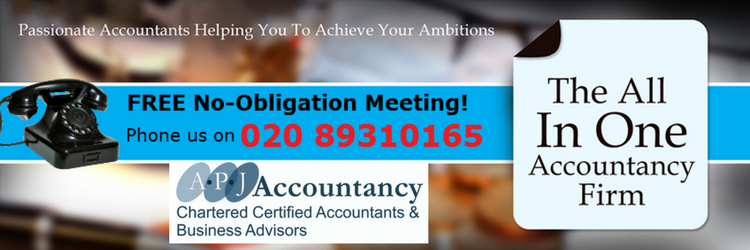Learning how to manage a team effectively is one of the most difficult skills any manager has to develop. Keeping your team motivated, enthused and focused on the firm’s goals is critical to the success of your business, but how do you do that exactly? Here are a few tips to help you motivate your team and bring them with you as you strive to move your business forward.
It starts with you - Your team will look to you for guidance and inspiration. No matter what sort of a day you've had, pull it together and be a role model of positive energy whenever you're in sight. Your team will follow suit.
Be open - Share information. Keeping everything as open as possible will lend a sense of ownership to the team. Your employees will feel a part of the business, and once engaged, will often provide suggestions for improvement.
Set Goals - Set targets for your team and let them know when they get there. Don’t forget to provide regular feedback to the team. Let them know how they are doing and congratulate them when milestones are achieved.
Listen to your team – they need to know that you understand (and care about) their concerns, challenges and problems. Never assume that because someone worries often that they worry about nothing - often team members will spot potential issues long before they happen. Give feedback, acknowledge that you have listened to what your team has to say and provide them with answers where possible.
Give them ownership - Let your team have responsibility and a degree of autonomy for their part of a project. Allowing them to take control will give them ownership and a sense of personal responsibility. They will want to impress you and win your approval. This can only benefit your business.
Have you tried any of these? Share any tips that you have used and that worked well.
Feel free to contact us if you need further information onhow to successfully run your business.
APJ Accountancy -Together We Will Make It Happen!



